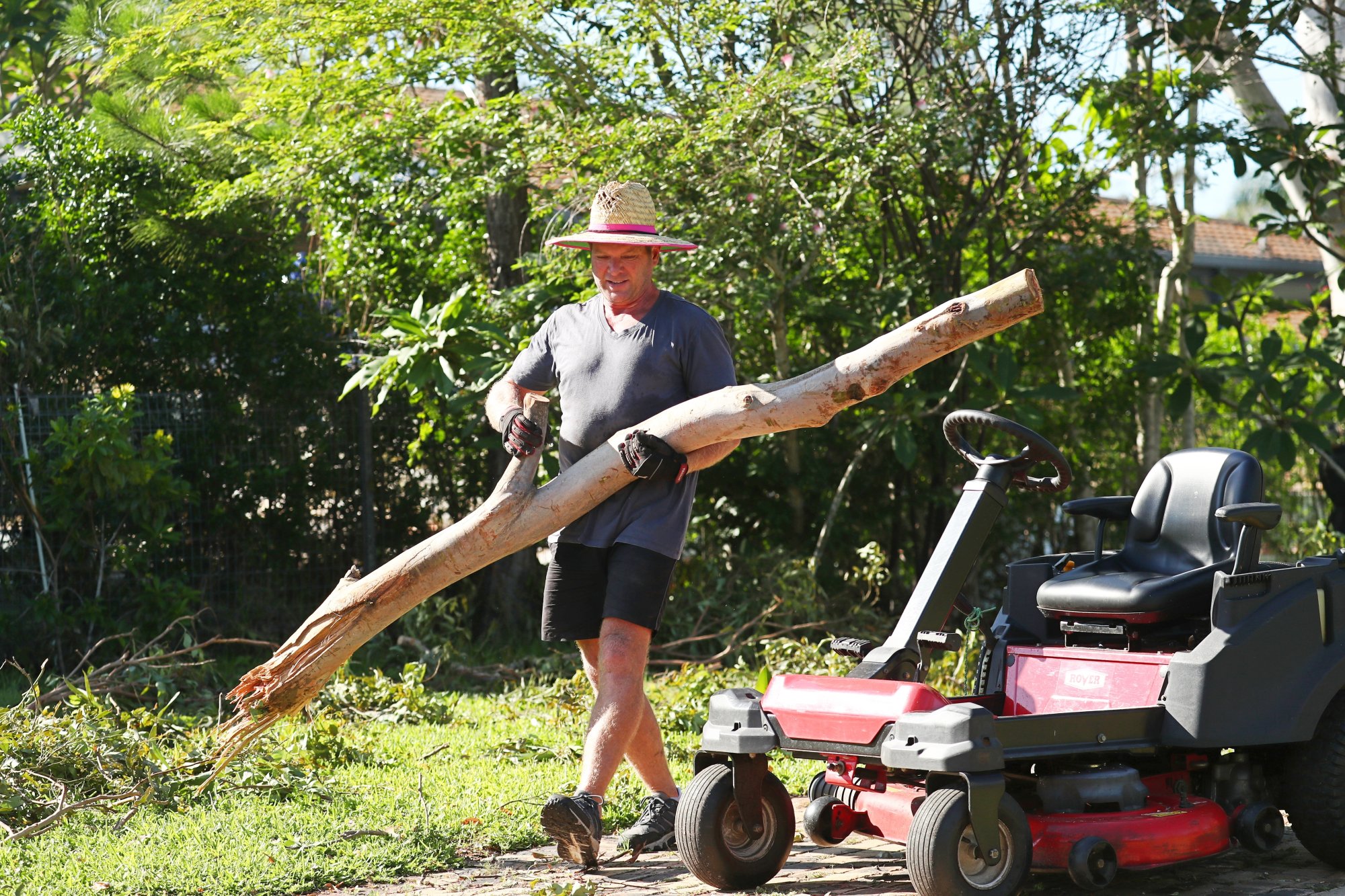
Australia thunderstorms raise risk of flash flooding
- In the last 24 hours, wild weather across Queensland and northern New South Wales has produced torrential rains, hailstones and wind gusts close to 100kph
- Parts of Queensland will receive ‘intense rainfall which will lead to flash flooding’, following severe weather on December 25 and 26 that killed 10 people
Parts of Australia’s east face severe thunderstorms for the second straight day on Sunday, the weather bureau has warned, with heavy rains raising the risk of dangerous flash flooding.
In the last 24 hours, a wild weather system across the southeastern regions of Queensland and northern New South Wales has produced torrential rains, hailstones as big as 5cm (2 inches) and wind gusts close to 100kph (62mph).
The rural town of Beerburrum in Queensland’s Sunshine Coast region picked up 127mm (5 inches) of rain, roughly a month’s average.

“Yet another day of severe thunderstorms is on the way ... with the storm risk becoming more extensive throughout the first week of 2024,” Miriam Bradbury, a forecaster at the Bureau of Meteorology, said in a video message on the social media platform X.
Some parts of Queensland will receive “locally intense rainfall which will lead to flash flooding”, she said.
Federal Emergency Management Minister Murray Watt said the government would deploy up to 70 military veterans and retired emergency service workers across southeast Queensland to assist with the clean-up efforts from recent storms.
The latest storms follow severe weather on December 25 and 26 that killed 10 people and knocked out power for tens of thousands of properties across the east, and after Cyclone Jasper earlier this month caused widespread flooding and damage.
Wild weather leaves at least 10 dead in eastern Australia, officials say
Climate change has amplified Australia’s weather extremes in recent years, experts say. The El Nino weather phenomenon, which can provoke wildfires, cyclones and prolonged drought, is also affecting the country during its current summer period.
Even as authorities prepare for thunderstorms in some parts, towns in Queensland’s outback are sweltering with a heatwave across swathes of Australia’s north. Temperatures in one such town, Julia Creek, could touch 45 degrees Celsius (113 degrees Fahrenheit) on Sunday, according to weather forecasts.
But the weather in the country’s southeast is expected to be mild. Sydney is set for its iconic New Year’s Eve fireworks display, with authorities expecting one million people around the foreshore to watch the traditional 12-minute pyrotechnic display.

